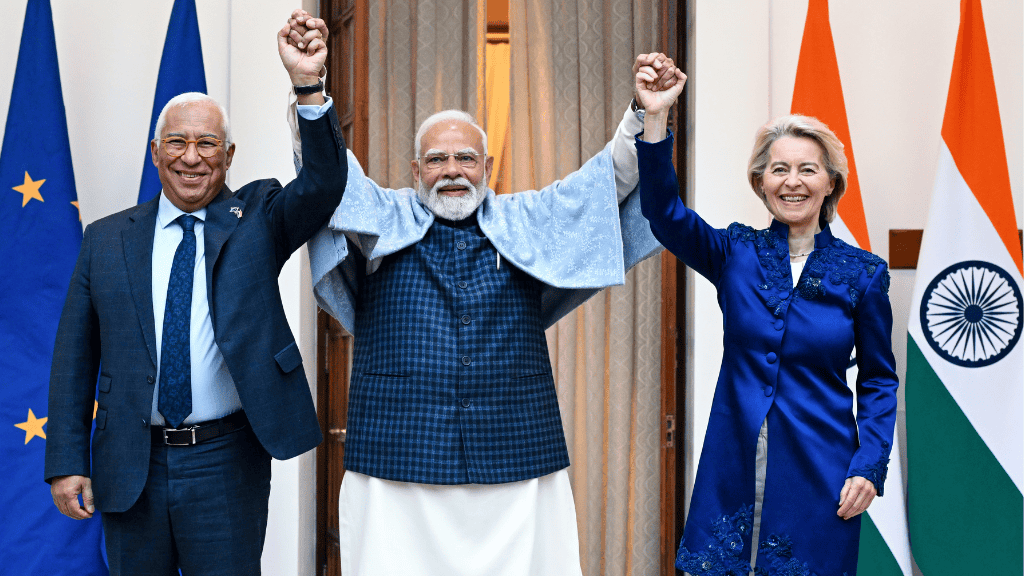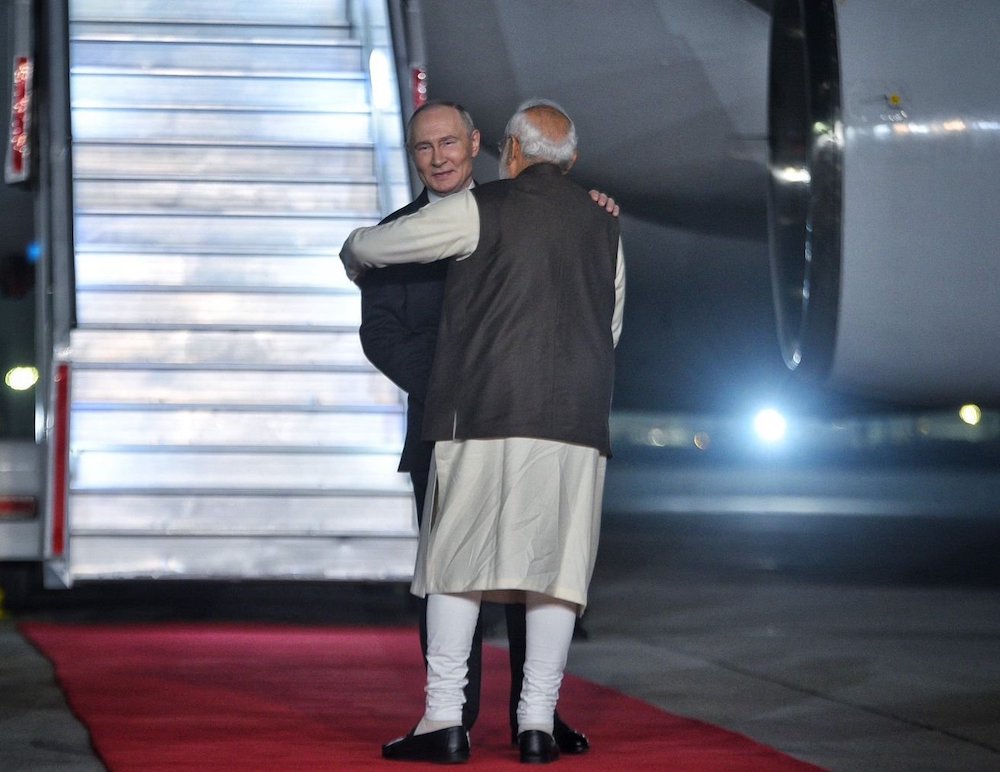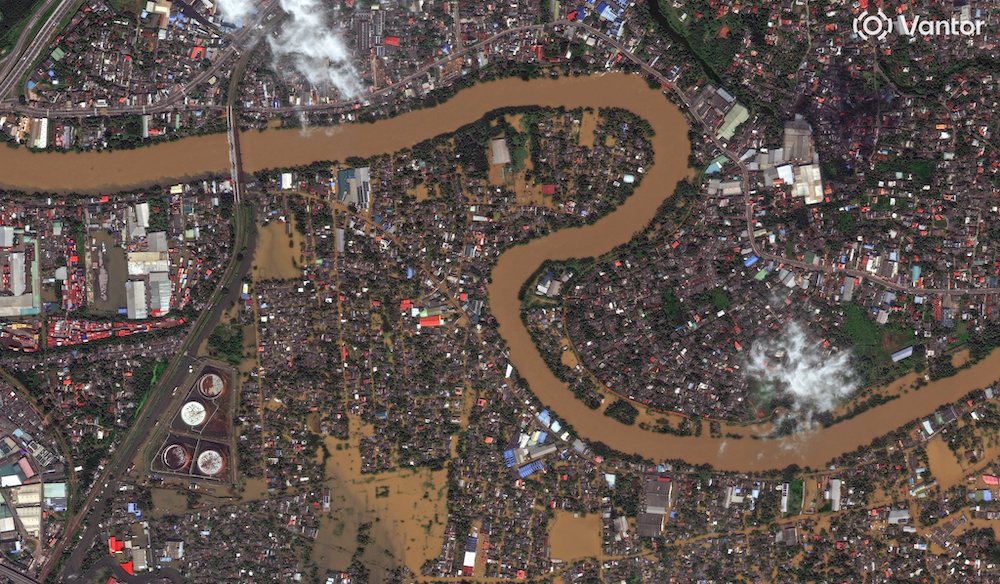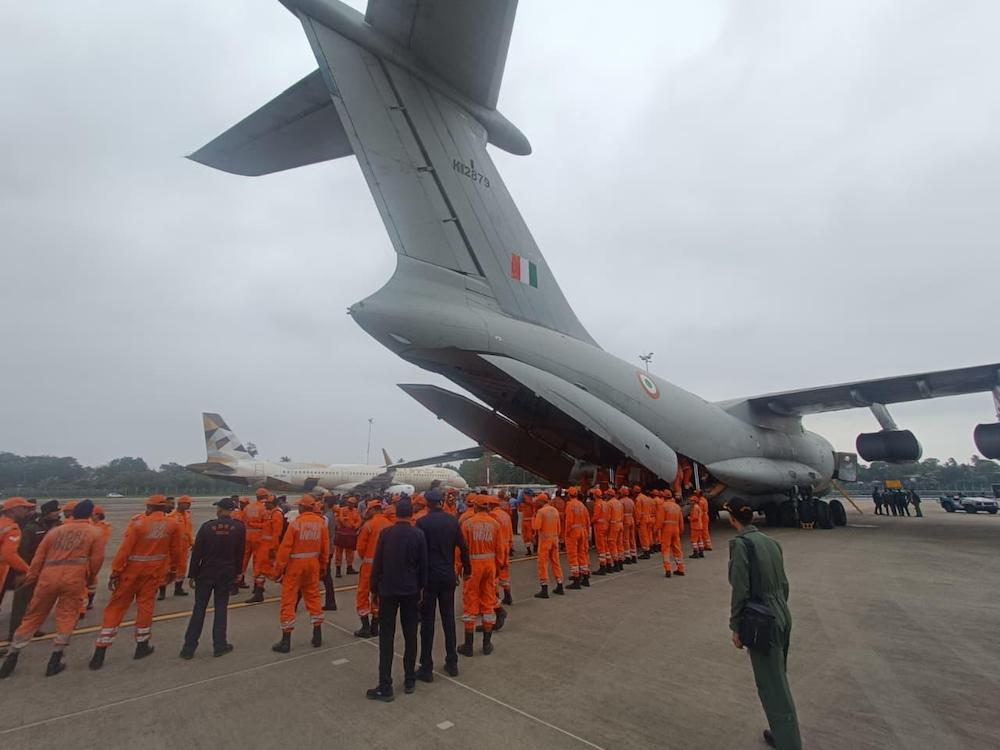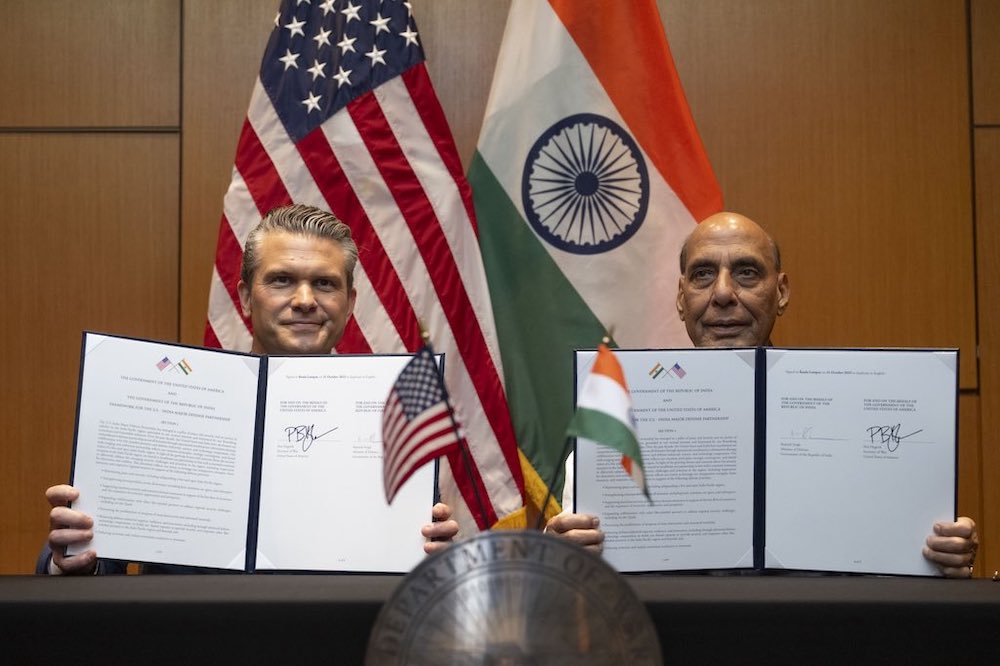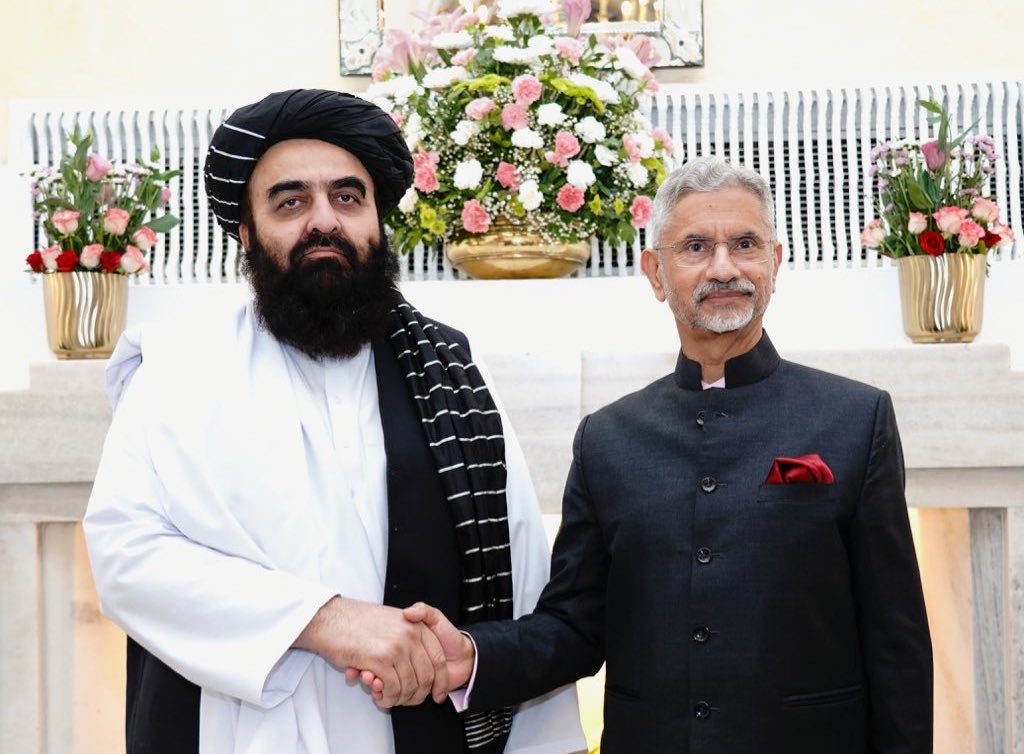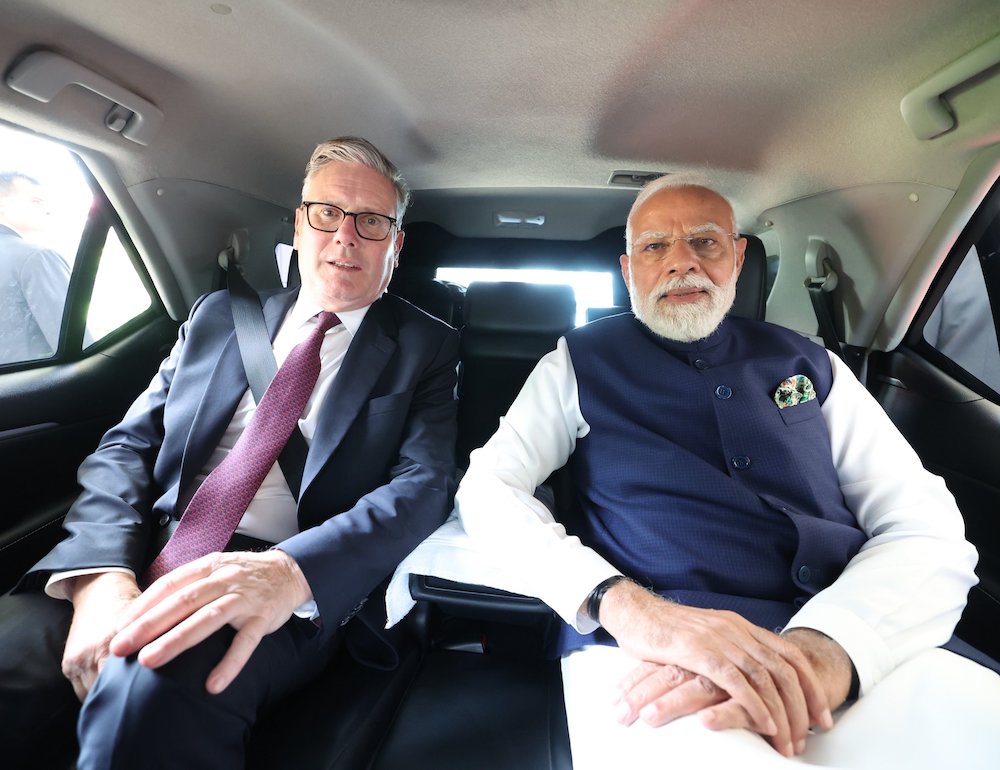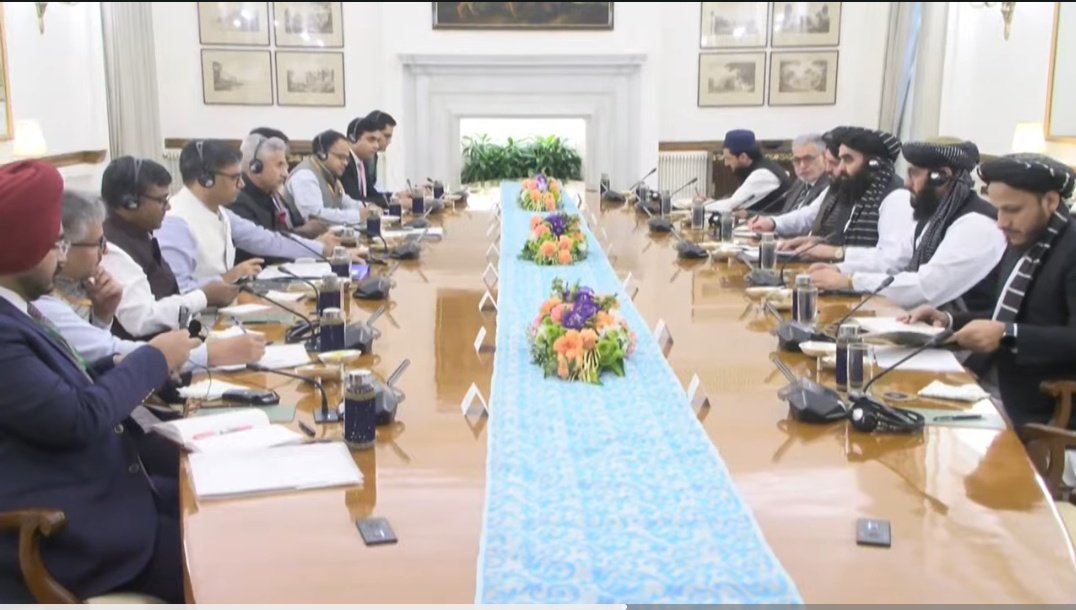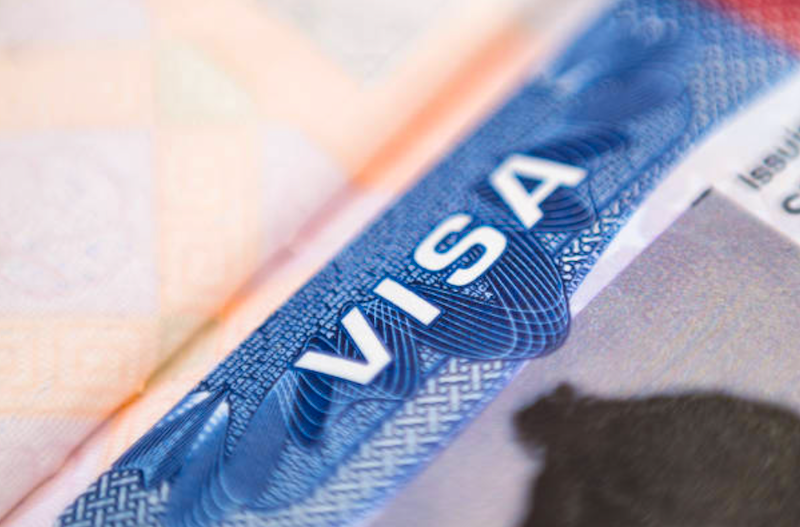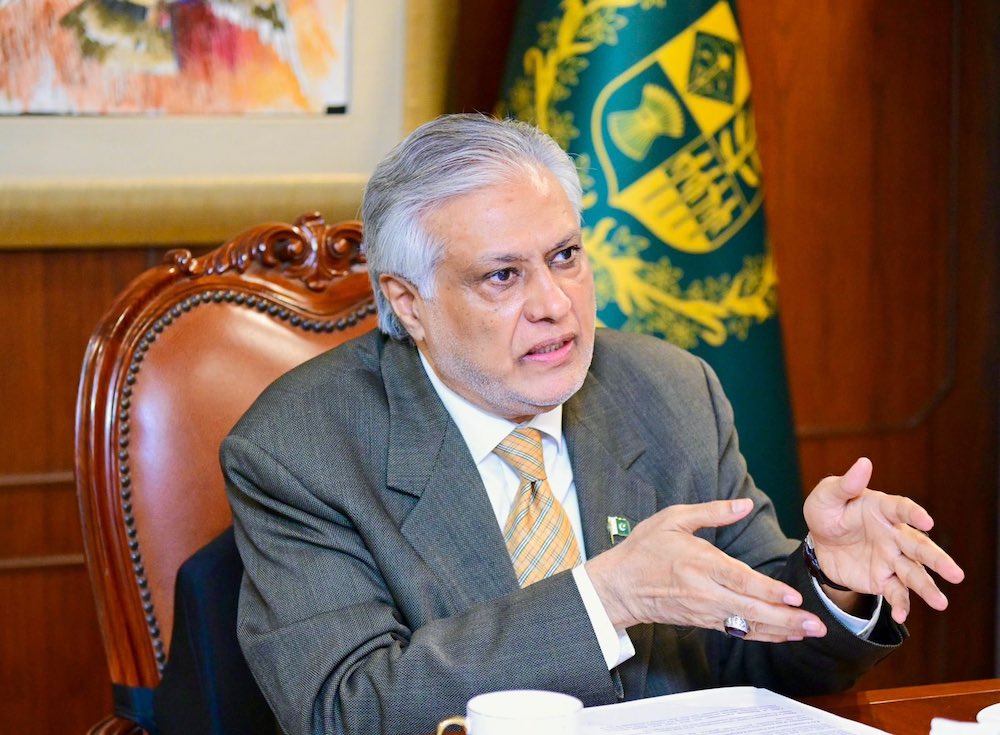 Ishaq Dar. (Photo: X/@DPM_PK)
Ishaq Dar. (Photo: X/@DPM_PK)
New Delhi: Pakistan’s foreign minister and deputy prime minister, Ishaq Dar, has declared his country’s readiness for comprehensive dialogue with India covering Kashmir and all outstanding bilateral issues, marking the most significant diplomatic overture since the devastating Pahalgam terror attack in April. Speaking to journalists outside the country’s parliament in Islamabad on Friday, Dar emphasized that future talks would not be limited to specific agenda items. “Talks, whenever held, will be not just Kashmir but on all issues,” he stated, signalling Pakistan’s desire for broad-based negotiations.
The announcement comes three months after the April 22 Pahalgam terror attack that killed 26 civilians and triggered India’s military response, Operation Sindoor, on May 7. The subsequent four-day conflict marked one of the most intense confrontations between the nuclear-armed neighbours in decades, featuring the first drone battles between the two nations.
US mediation and ceasefire details
Dar revealed that Pakistan received direct US intervention to secure a ceasefire with India. “I received a call from the US for a ceasefire. I had made it clear that Pakistan did not want a war,” he disclosed. The ceasefire agreement reached on May 10 continues to hold following intense 48-hour diplomatic mediation by the US secretary of state, Marco Rubio, and the US vice-president, JD Vance.
The Pakistani foreign minister confirmed that while Islamabad had not requested mediation, it was offered talks at a neutral venue. “We were told to sit down at a neutral location, and I said if that is the case, we are willing to meet,” Dar claimed. Saudi Arabia has emerged as a potential host, with the Pakistani prime minister, Shehbaz Sharif, expressing hope that the kingdom could facilitate such negotiations.
India maintains a firm position that dialogue can only proceed on the return of Pakistan-occupied Kashmir and terrorism-related issues. This stance diverges significantly from Pakistan’s comprehensive approach. Indian officials have consistently emphasised that cross-border terrorism must cease before meaningful dialogue can begin.
New Delhi has also denied US claims of third-party mediation in the May ceasefire, maintaining that the understanding was reached through direct communication between the directors general of military operations of both countries.
Backdrop of overture
The diplomatic overture must be viewed against the backdrop of the April 22 Pahalgam attack, where five Pakistan-trained terrorists systematically targeted Hindu tourists in Kashmir’s Baisaran valley in Pahalgam district. Armed with M4 carbines and AK-47 rifles, the attackers forced victims to recite Islamic verses to segregate them by faith before executing 26 people in the deadliest civilian attack since the 2008 Mumbai strikes.
The Resistance Front, identified as a proxy for Pakistan-based Lashkar-e-Taiba, initially claimed responsibility before denying involvement. India’s response, Operation Sindoor, involved precision strikes against nine terrorist infrastructure sites across Pakistan and Pakistan-occupied Kashmir using French SCALP missiles, Israeli loitering munitions, and possibly BrahMos cruise missiles.
Pakistan’s military retaliation from May 8–10 led to intense cross-border exchanges, with both sides launching coordinated operations targeting military installations. The conflict demonstrated India’s superior air defence capabilities, largely neutralising Pakistan’s military response.
Strategic timing
Dar’s dialogue offer coincides with significant geopolitical shifts that may be influencing Pakistan’s strategic calculations.
The ongoing thaw in India-China relations, beginning with the October 2024 border patrolling agreement, has resolved the some friction points from the 2020 Galwan crisis. Chinese foreign minister Wang Yi’s visit to India on August 18–19 marked the first high-level diplomatic engagement since 2020, with both sides agreeing to resume border trade, direct flights, and establish new working groups.
Wang emphasized that India and China should view each other as “partners” rather than “adversaries”, potentially altering South Asian strategic dynamics. As India’s relationship with China stabilizes, Pakistan faces increased pressure to normalise ties with India to avoid regional isolation.
Simultaneously, US-India relations have deteriorated under the Trump administration, with cumulative 50% tariffs imposed on Indian imports due to trade imbalances and continued Russian oil purchases. US treasury secretary Scott Bessent has accused India of “profiteering from cheap Russian oil,” threatening further penalties.
This represents the most serious US-India dispute in decades, potentially creating opportunities for Pakistan to position itself as a more reliable regional partner for Washington while encouraging India to diversify its international partnerships.
Pakistan’s regional outreach
The dialogue proposal precedes Dar’s three-day official visit to Bangladesh from August 23–25, the first by a Pakistani foreign minister in three decades. This reflects Pakistan’s broader strategy of strengthening regional ties following the August 2024 change of government in Dhaka that brought the Pakistan-friendly interim administration of Muhammad Yunus to power.
The Bangladesh visit includes meetings with Jamaat-e-Islami Bangladesh leaders, a radical Islamic group with anti-India positions previously banned for alleged terrorist links. This outreach to hardline elements while simultaneously calling for dialogue with India reflects the complexity of Pakistan’s regional diplomacy.
Assessment and prospects
Dar’s offer represents Pakistan’s recognition of shifting regional dynamics and desire to avoid strategic isolation. Several factors drive this timing: the need for strategic recalibration as India-China relations improve and US-India ties deteriorate; post-conflict pragmatism following Operation Sindoor’s demonstration of military imbalances; the proven US mediation framework; and Pakistan’s economic imperatives amid ongoing financial challenges.
However, fundamental obstacles remain. India’s insistence on Pakistan-occupied Kashmir and terrorism as sole agenda items directly contradicts Pakistan’s comprehensive approach. Deep mistrust following the Pahalgam attack and subsequent conflict suggests that while dialogue may eventually occur, meaningful progress requires substantial concessions from both sides.
The international community continues monitoring developments closely. As Rubio noted, “Every single day we keep an eye on what’s happening between Pakistan and India,” acknowledging that “ceasefires can fall apart very quickly”.
Success depends not only on political will but on managing complex domestic and strategic pressures that have historically undermined South Asian peace initiatives.

